Anderson 5 - Toole County, Montana
Where Anderson 5 is Located
Toole County, Montana is stretched between the Marius River and the Canadian border covering 1,946 square miles. The county was formed in 1914 with land taken from Hill and Teton Counties. The county gets its name from Joseph Toole who served two terms as Montana’s governor. Toole was the first governor of Montana state, serving from 1889 to 1893. Toole County was a boom area for oil production in the early and mid 20th century. In 1922, just four miles north of the city of Kevin, oil was discovered. In the next five years, over 1,500 oil wells went into operation.
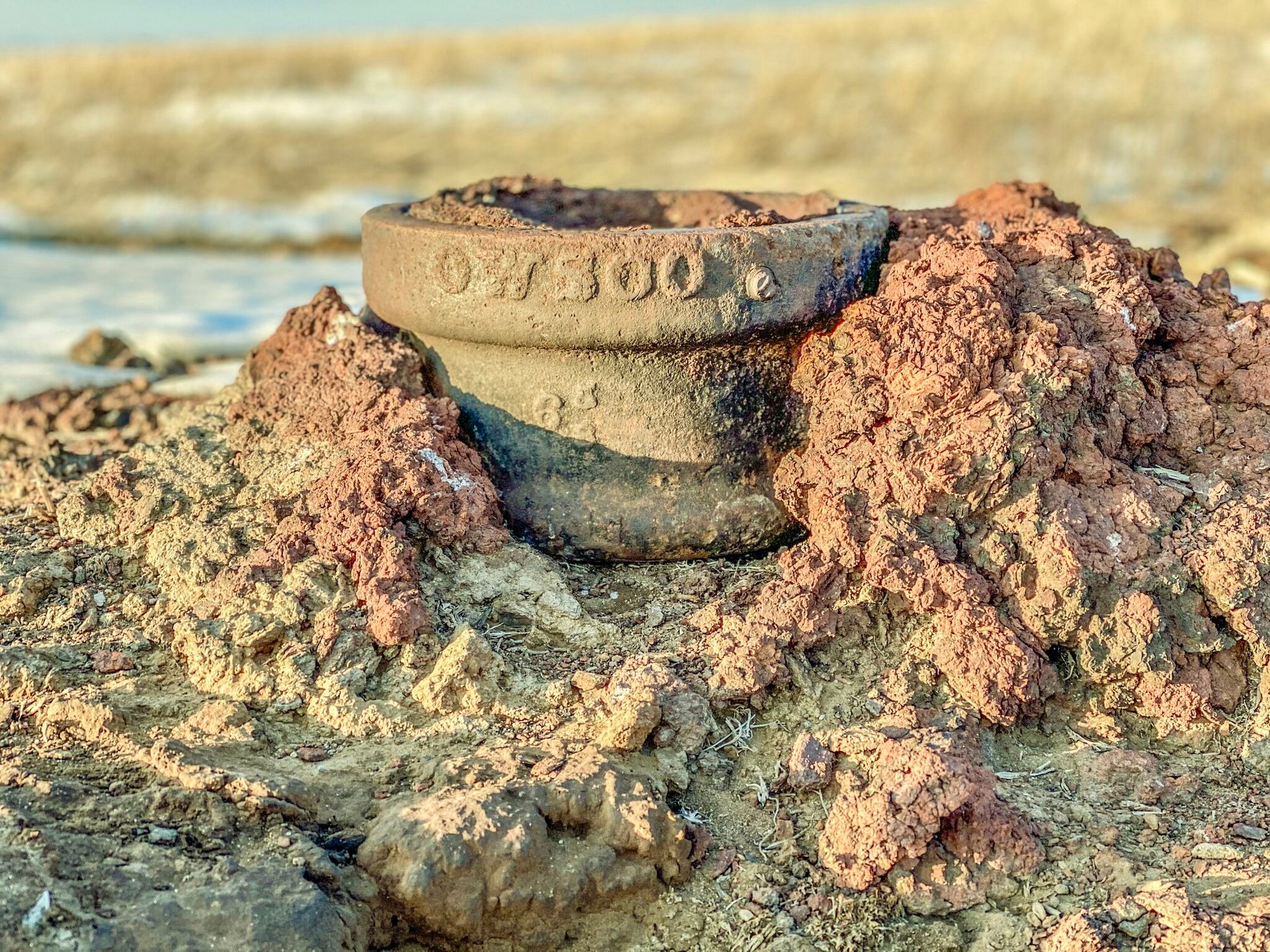
Why Anderson 5 was Chosen
Located in the Kevin-Sunburst Field, in Toole County, Montana, the orphaned Anderson 5 well (API: 25-101-09894) was drilled in 1926 to a depth of approximately 1,500 feet almost one hundred years ago. Over nearly a century, the well changed operators multiple times and was not operational by 2020. That year, the farm owner requested support to plug the orphaned oil well as it posed significant health and safety risks to the property, wildlife, surface environment, and nearby residents. Agriculture remains the primary industry in the surrounding area.
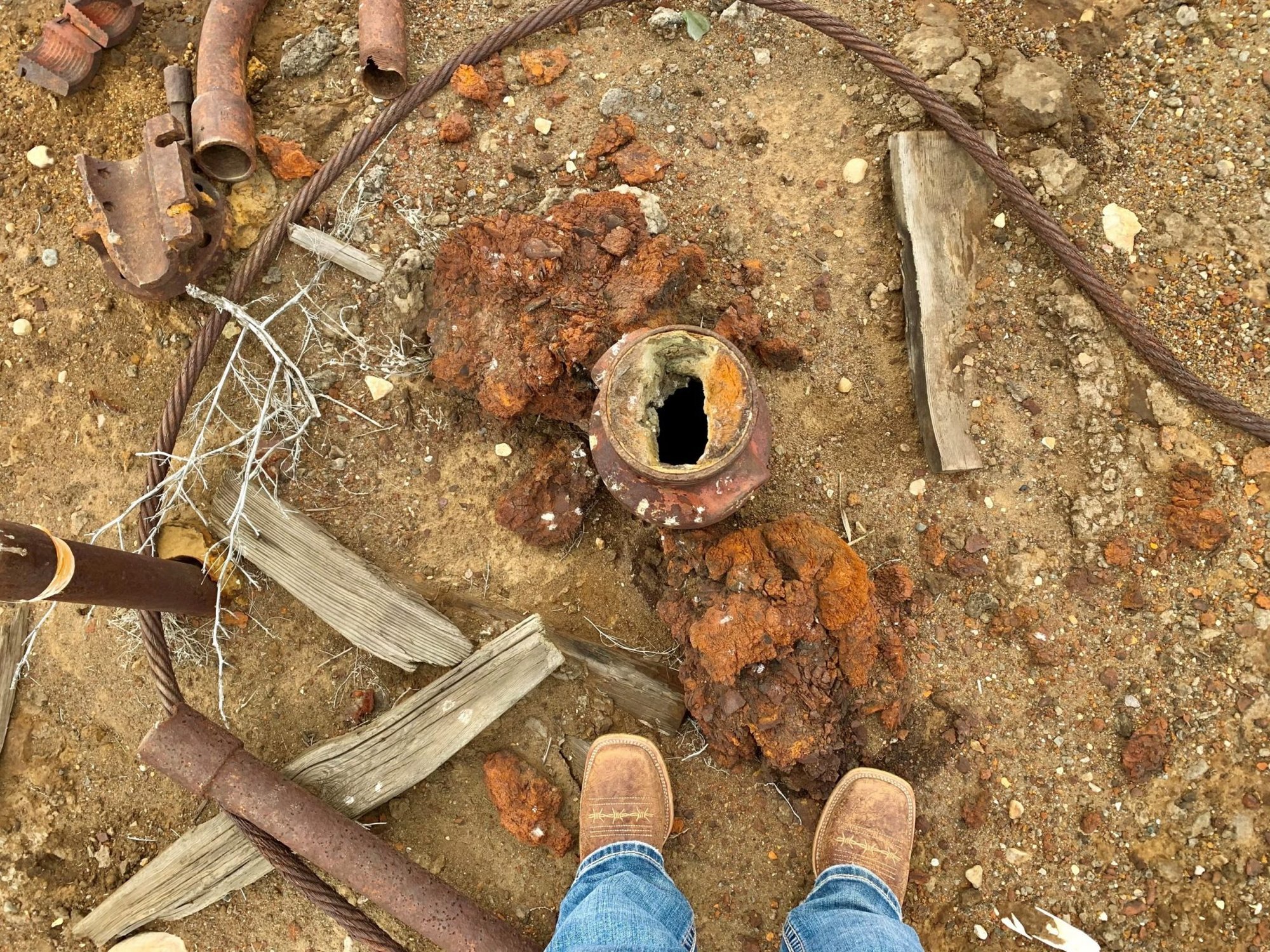
How VitalEco Made a Difference
The Montana Board of Oil and Gas Conservation's Approval to Plug required filling the wellbore from a depth of 1,500 feet to the surface. Enneberg Excavation, based in Kevin, Montana, was contracted to complete the plugging work on November 11, 2021. An Inspection Report issued on February 3, 2022, confirmed compliance. The report stated that the well was successfully plugged, no discharge was detected, a signed release from the farm owner was filed, the site was restored to support continued farming and no further reclamation was needed.
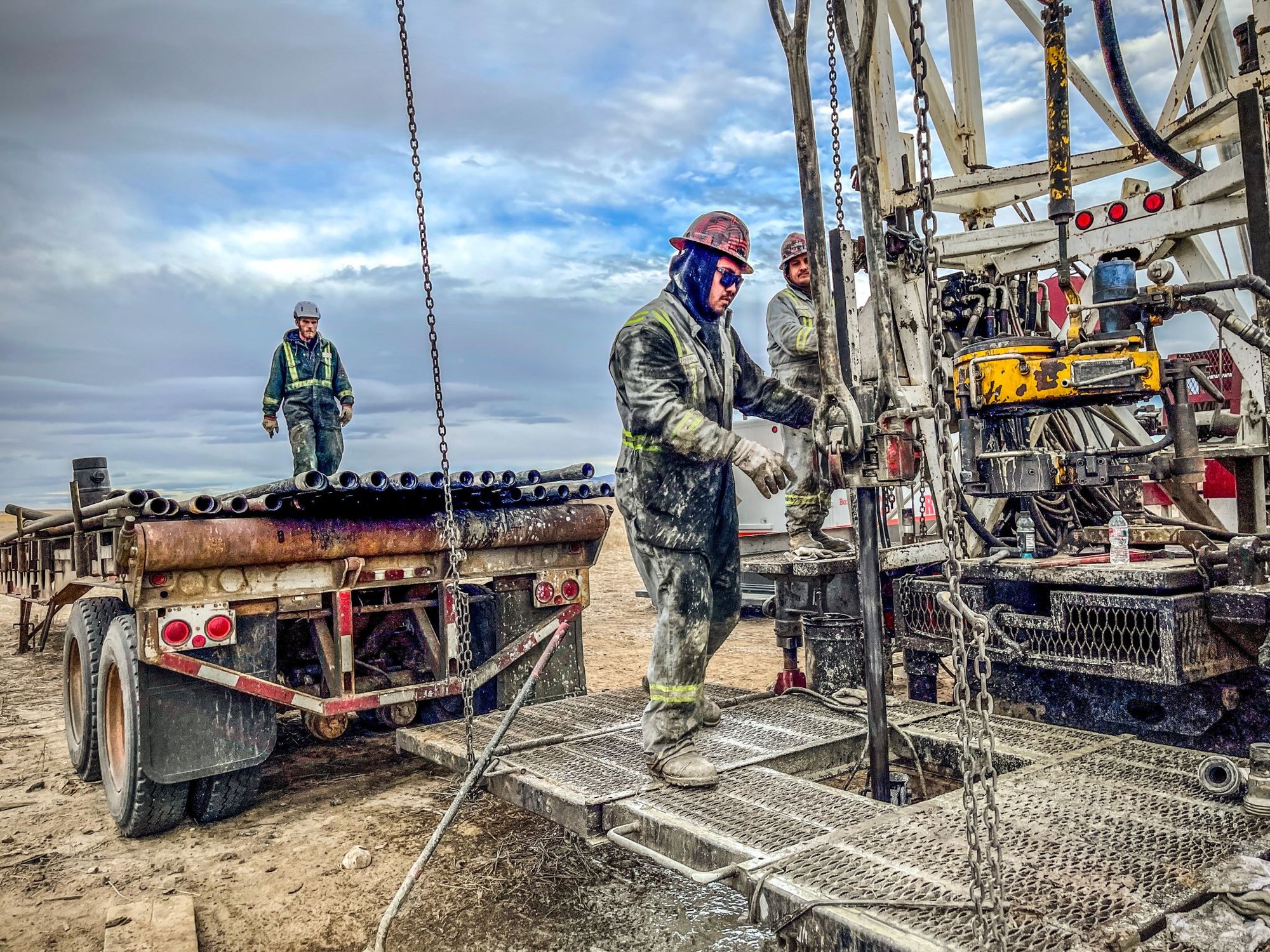
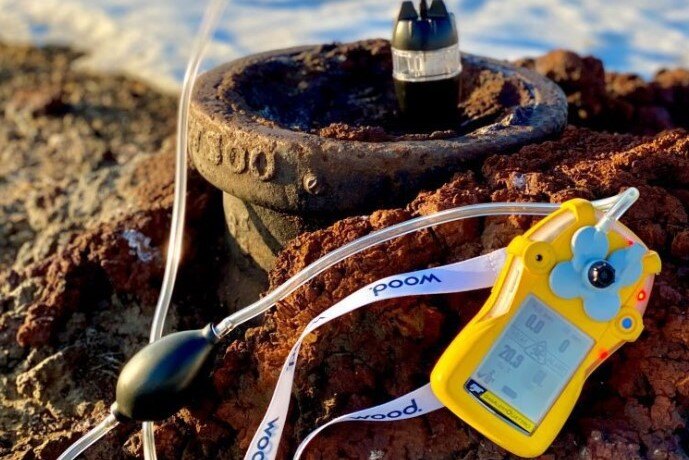
CarbonPath Registry and Methodology
- Two hours of continuous monitoring events prior to well plugging by a Qualified Measurement Specialist
- Industry-leading flowmeters
- Lab-verified methane concentration
Benefits & Accomplishments
Eliminated 63,636 CO2 Tonnes and 5 United Nation Envision 2030 Goals Achieved
- Improved water quality
- Air quality improvement
- Environmental restoration
- Local jobs creation
- Community outreach
- Environmental justice
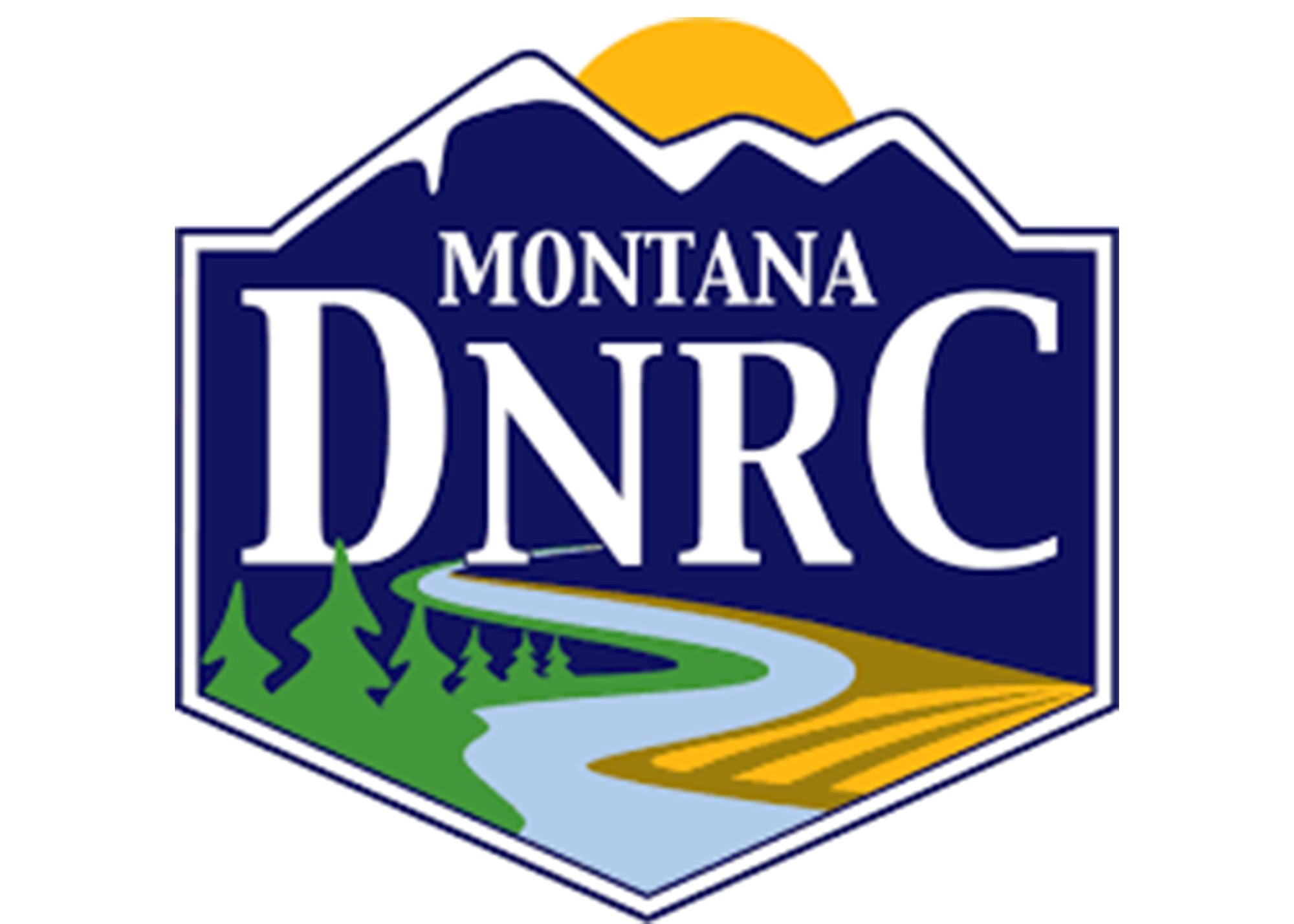
United Nations Envision 2030 Goals

Goal 6: Clean Water and Sanitation
Achieved by enhancing water quality, reducing pollutions, and preventing the release of hazardous chemicals and materials into groundwater. Plugging orphaned wells significantly contributes to better air and water quality.

Goal 9: Industry, Innovation and Infrastructure
Met through flow metering processes that can retrofit industries, enabling sustainability, optimizing resource utilization, and promoting the adoption of clean, environmentally sound technologies. This technology is adaptable for use in developing countries and, with mobile capabilities, can be monitored globally through cloud-based systems.

Goal 11: Sustainable Cities and Communities
Met by providing environmental restoration of an agricultural area impacted by a leaking, orphaned well that emitted methane on a family-owned farm as well as the surrounding local community and its residents.

Goal 12: Responsible Consumption and Production
Achieved by managing orphaned oil and gas wells and methane emissions in alignment with international frameworks, permanently reducing harmful releases into air and water. This proactive approach minimizes adverse impacts on human health and the environment by preventing future emissions.

Goal 13: Climate Action
Met through the use of innovative measurement technologies developed to anticipate and address climate goals. These technologies are continually refined and expanded for use across multiple locations, ensuring broader impact and effectiveness.
